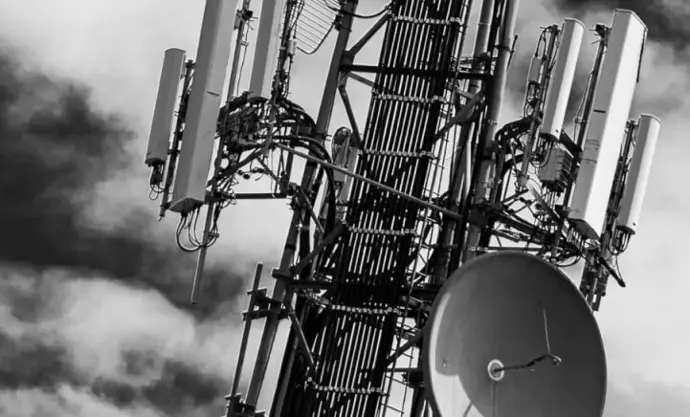Service TITLE
Helpful subtitle
This page should only be used as a template
Highlight one
Even small ISPs can have ten times the user base of a large enterprise. The pricing structure of commercial products can be prohibitive for such high numbers.
We do not have per-user licensing. So your systems can expand past a vendors artificial limits.
Highlight three
ISPs can run large and complex accounting queries for billing purposes. We understand how to structure your RADIUS ecosystem to make sure that these periodic events do not affect the rest of the system.
Highlight two
The modern world depends on ISPs providing network access 24/7. Any downtime for an ISP can be catastrophic for the users they support. And for the ISP itself.
We have developed custom tools which ensure that your RADIUS systems
never lets you down.
Highlight four
ISPs need to maintain systems across multiple geographic locations. Our unique templating capabilities provides an abstraction layer which allows system administrators to easily monitor, manage, and reinstall critical systems.
Who We’ve Helped


























Learn More
Designing multi-site RADIUS systems
Some organizations and ISPs can use a central RADIUS service for all of their RADIUS needs. This configuration is possible when there are a small number of users, or system load is low. However, when there are a large number of users spread across a wide geographic region, it may be beneficial to use a multi-site approach. As with all solutions, this approach has benefits and costs.


Preventing fraudulent logins across multiple sites
When an ISP has RADIUS servers across multiple sites, new attacks are possible. Users can share account information with their friends, who can then log in separately to each site. If the RADIUS system design does not take this problem into account, users can defraud the ISP of significant revenue.
How a RADIUS server works
A RADIUS server utilizes a central database to authenticate remote users. RADIUS functions as a client-server protocol, authenticating each user with a unique encryption key when access is granted. How a RADIUS server works depends upon the exact nature of the RADIUS ecosystem. Below is an overview of how RADIUS servers work.


Client Case Study: 802.1X Setup
One of our clients had customer-visible issues in their 802.1X deployment. We tracked the problem down to firmware issues and worked with multiple vendors to fix the issues and more. This meant that our client was satisfied that their setup met all requirements.
Why use a RADIUS server?
The benefits of a RADIUS server on the efficiency of an entire network are wide-reaching. Although some businesses are unaware of the advantages of a RADIUS server as opposed to a pre-shared key, others have long benefited from the increased speed of RADIUS servers, as well as their ability to heighten security, to enhance reporting and tracking capabilities, and to personalize restrictions based on the user.

